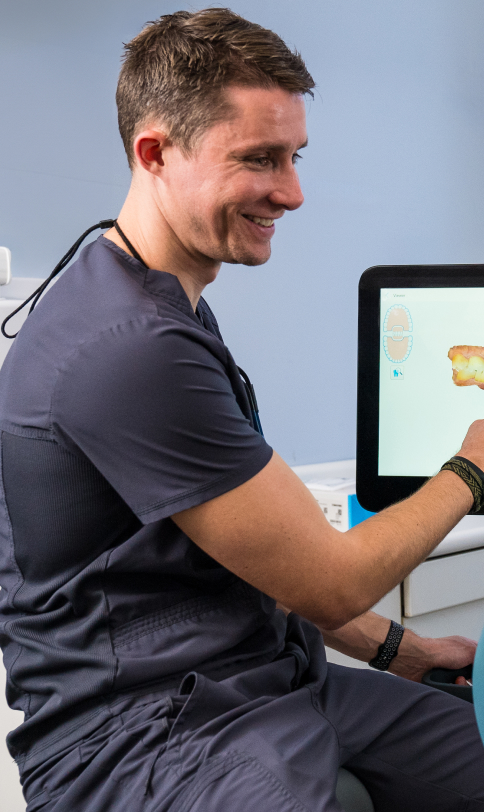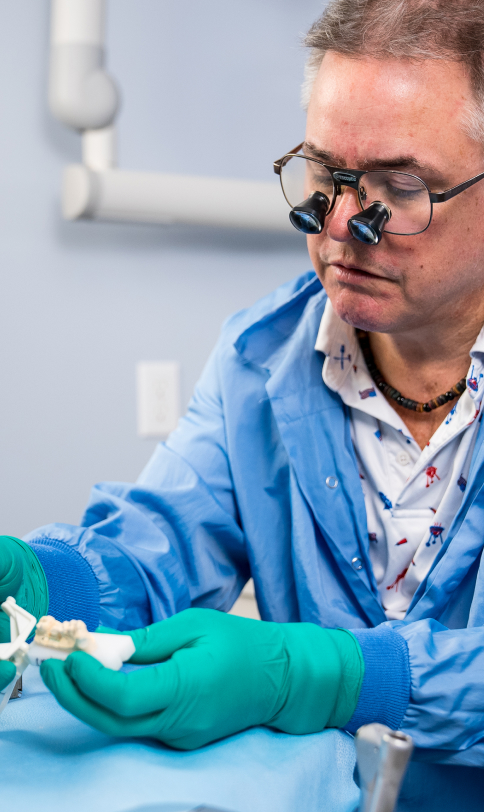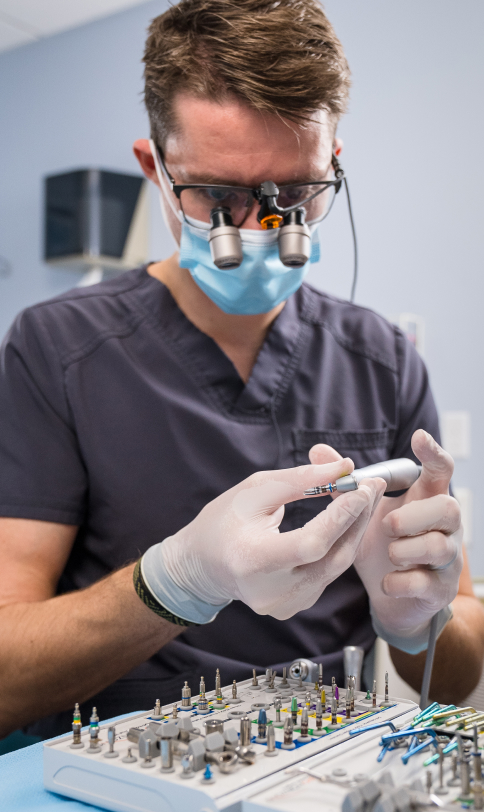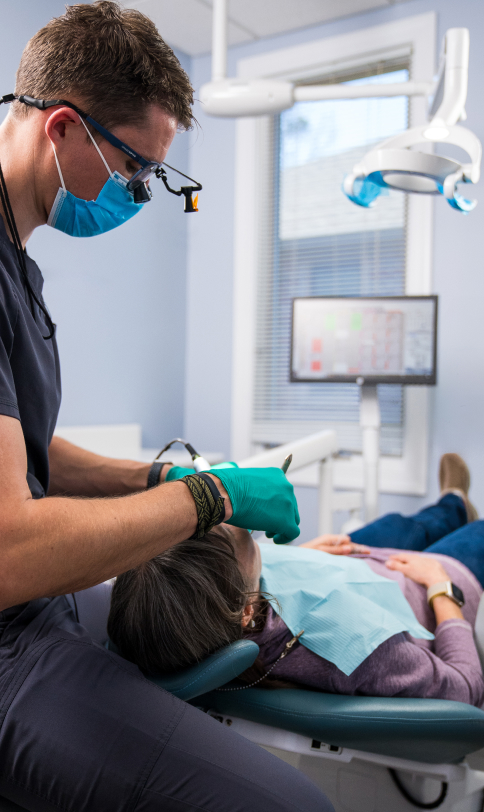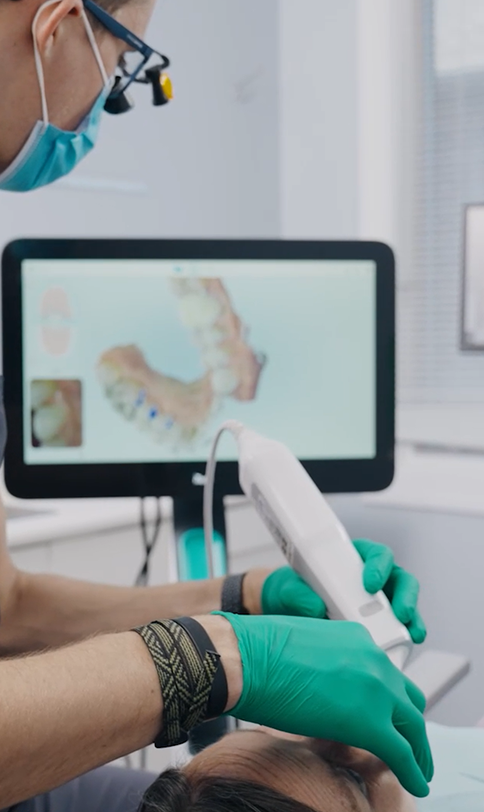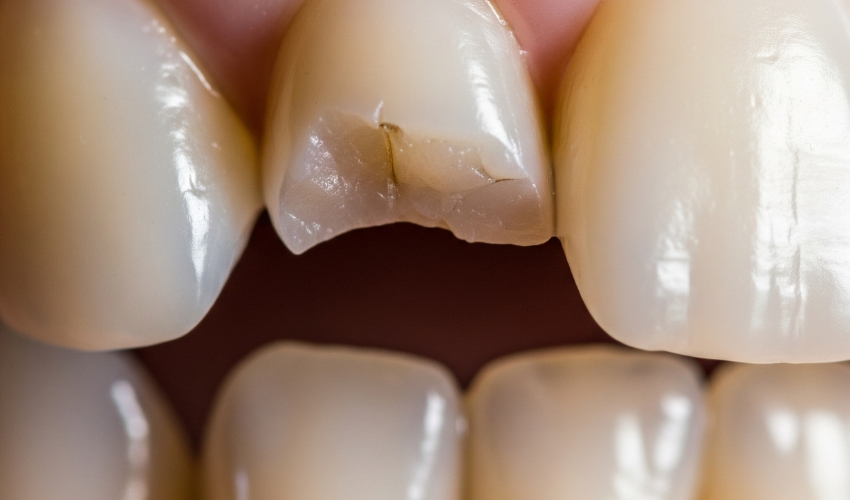
Why Repairing a Chipped or Broken Tooth is Neccessary ?
By Legacy Dental
A smile is often the first thing people notice. But what happens when a chipped or broken tooth disrupts that perfect smile? Whether it’s caused by trauma, biting into something hard, or years of wear and tear, dental injuries are more common than many realize. According to the American Association of Endodontists, more than 5 million teeth are knocked out or broken each year in the United States.
Fortunately, advancements in dentistry mean that repairing a chipped or broken tooth is easier and more effective than ever. If you’re searching for a trusted emergency dentist in Cary, this guide will help you understand your options and next steps.
Why Does a Tooth Break?
Teeth are robust structures designed to withstand the forces of biting and chewing. However, they can break or chip due to various reasons. One of the primary causes is teeth grinding (bruxism), which applies repetitive stress and friction that weakens teeth over time. Since grinding often occurs during sleep, many individuals are unaware they are doing it, which can lead to gradual cracks or chips that worsen if left untreated.
Teeth may be strong, thanks to their enamel, but they’re not indestructible. There are several common reasons why a tooth might break or chip, including:
- Trauma or accidents: Slips, falls, sports injuries, or car accidents can crack or fracture teeth.
- Biting hard foods: Ice, popcorn kernels, and hard candies are notorious for causing sudden chips or breaks.
- Tooth decay: Cavities weaken the tooth structure, making it more prone to breaking under pressure.
- Bruxism: Grinding or clenching teeth during sleep (also known as bruxism) can cause cracks over time.
- Large fillings or root canals: Heavily restored teeth may not have enough natural structure to withstand chewing forces.
Understanding the cause is the first step in finding a long-term solution.
What Are the Risk Factors for a Broken Tooth or Chipped Tooth?
Certain factors increase the likelihood of experiencing a chipped or broken tooth:
- Weak enamel: Poor oral hygiene, frequent consumption of acidic foods and drinks, and enamel erosion make teeth more vulnerable.
- Bruxism: Chronic teeth grinding wears down enamel and increases fracture risk.
- Age: As people age, enamel naturally thins and teeth become more brittle.
- Previous dental restorations: Older fillings or crowns may weaken tooth structure.
- Sports and physical activities: The lack of protective gear, such as mouthguards, during contact sports increases the risk of dental injuries.
Recognizing these risk factors allows you to take proactive steps, such as using a night guard for grinding or wearing a mouthguard during sports.
Five Effective Ways to Fix Chipped Teeth
Luckily, modern dentistry offers several highly effective solutions to repair broken or chipped teeth. The proper treatment will depend on the severity and location of the damage.
1. Dental Bonding
Bonding is ideal for minor chips. A tooth-colored resin is shaped to fill in the damaged area and hardened with a special light. It’s a quick and affordable solution that can usually be completed in a single visit.
2. Dental Veneers
For front teeth with noticeable chips or uneven edges, veneers offer a long-lasting cosmetic dental treatment. Thin porcelain or composite shells are bonded to the front of the tooth, restoring both shape and appearance.
3. Dental Crowns
When a significant portion of the tooth is broken or decayed, a dental crown might be necessary. It covers the entire visible portion of the tooth, restoring strength and function. Crowns can be made from porcelain, zirconia, or metal alloys, depending on aesthetic and functional needs.
4. Root Canal Therapy
If the break exposes the tooth’s pulp (inner nerve tissue), you might experience pain or sensitivity. In such cases, a root canal may be required to remove the infected tissue before placing a crown.
5. Dental Implants or Bridges
In cases where the tooth is beyond repair or needs extraction, your emergency dentist in Cary might recommend replacing it with a dental implant or bridge. This restores function and helps prevent further complications, such as bone loss or shifting of nearby teeth.
Financing Chipped or Broken Teeth With Ease
Worried about the cost of dental repairs? You’re not alone. The American Dental Association reports that financial concerns are a top reason people delay treatment. However, delaying care can lead to more expensive issues in the future.
Our dental office offers flexible payment options, financing plans, and dental membership programs. These programs often include discounted services and flexible payment options to ensure you receive the care you need without added stress.
Moreover, dental insurance may cover part of the cost, depending on your plan. Be sure to ask your provider or the dentist’s office to help you understand your benefits.
What to Do if You Break or Chip a Tooth
If you suddenly chip or break a tooth, knowing how to react can make a big difference. Here’s what you should do:
1. Stay Calm and Assess the Situation
Check if you’re bleeding or in pain. Apply gauze to stop bleeding and use a cold compress to reduce swelling.
2. Rinse and Save Pieces if Possible
Rinse your mouth with warm water and, if you can, retrieve and rinse the broken piece. Store it in milk or saline to maintain its integrity.
3. Avoid Using the Affected Tooth
Don’t chew with the broken tooth to avoid further damage.
4. Take Over-the-Counter Pain Relief
Use acetaminophen or ibuprofen to ease any discomfort.
5. Contact an Emergency Dentist in Cary Immediately
Even if you’re not in pain, prompt dental care is essential. Small chips can grow worse over time, and untreated breaks may lead to infections or tooth loss.
Your emergency dentist in Cary can assess the damage and recommend the best course of action to restore your smile quickly and effectively.





